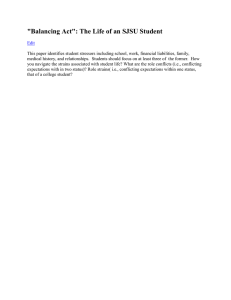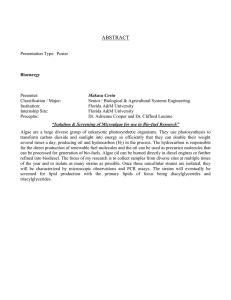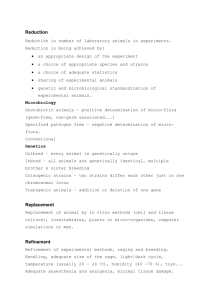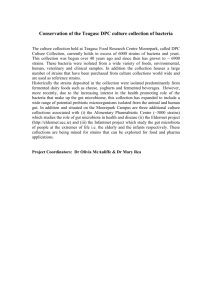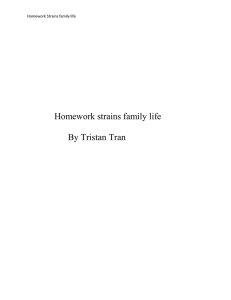Daniel Unterweger Supervisor: Dr. Stefan
advertisement
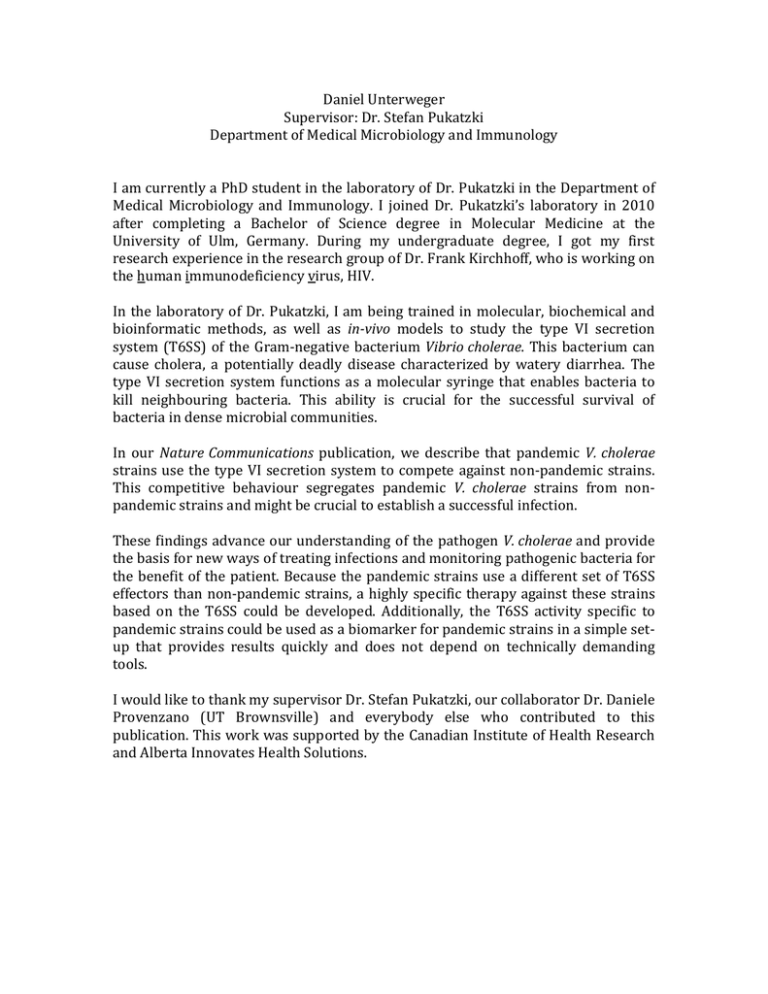
Daniel Unterweger Supervisor: Dr. Stefan Pukatzki Department of Medical Microbiology and Immunology I am currently a PhD student in the laboratory of Dr. Pukatzki in the Department of Medical Microbiology and Immunology. I joined Dr. Pukatzki’s laboratory in 2010 after completing a Bachelor of Science degree in Molecular Medicine at the University of Ulm, Germany. During my undergraduate degree, I got my first research experience in the research group of Dr. Frank Kirchhoff, who is working on the human immunodeficiency virus, HIV. In the laboratory of Dr. Pukatzki, I am being trained in molecular, biochemical and bioinformatic methods, as well as in-vivo models to study the type VI secretion system (T6SS) of the Gram-negative bacterium Vibrio cholerae. This bacterium can cause cholera, a potentially deadly disease characterized by watery diarrhea. The type VI secretion system functions as a molecular syringe that enables bacteria to kill neighbouring bacteria. This ability is crucial for the successful survival of bacteria in dense microbial communities. In our Nature Communications publication, we describe that pandemic V. cholerae strains use the type VI secretion system to compete against non-pandemic strains. This competitive behaviour segregates pandemic V. cholerae strains from nonpandemic strains and might be crucial to establish a successful infection. These findings advance our understanding of the pathogen V. cholerae and provide the basis for new ways of treating infections and monitoring pathogenic bacteria for the benefit of the patient. Because the pandemic strains use a different set of T6SS effectors than non-pandemic strains, a highly specific therapy against these strains based on the T6SS could be developed. Additionally, the T6SS activity specific to pandemic strains could be used as a biomarker for pandemic strains in a simple setup that provides results quickly and does not depend on technically demanding tools. I would like to thank my supervisor Dr. Stefan Pukatzki, our collaborator Dr. Daniele Provenzano (UT Brownsville) and everybody else who contributed to this publication. This work was supported by the Canadian Institute of Health Research and Alberta Innovates Health Solutions.
